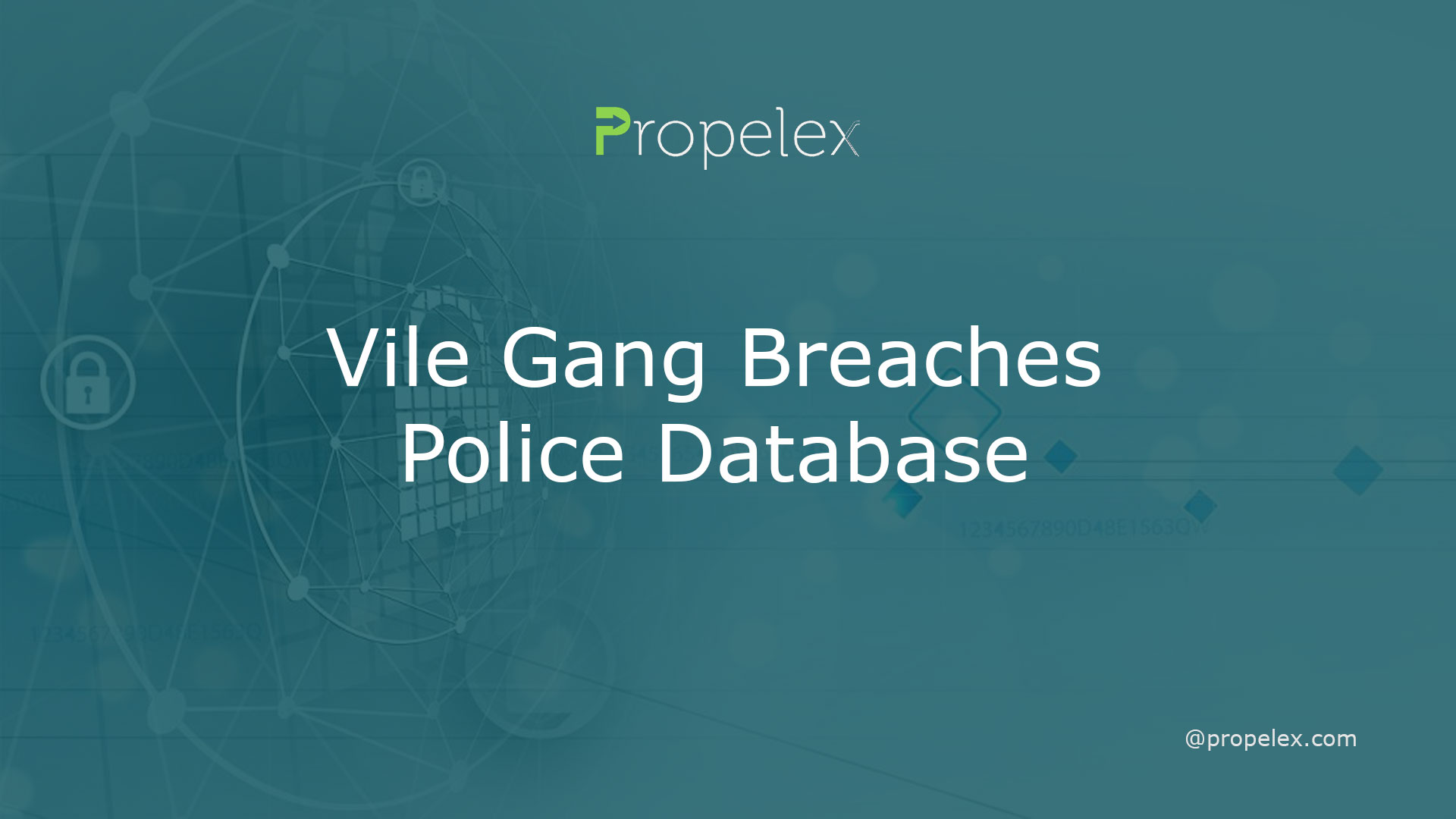Vile gang breaches police database, extorts victims with officers’ personal details. Explore the security implications of this concerning cybercrime. Two men from the UK have been jailed after breaching a police database and using personal details of serving officers to repeatedly extort them. West Midlands Police has since strengthened security around officer data.
A Queens man and a Rhode Island teenager are accused of posing as cops to access law enforcement data in a sick doxxing and extortion scheme. A criminal complaint unsealed Tuesday accuses Sagar Singh and Nicholas Ceraolo of unauthorized access to a federal law enforcement info portal.
Police impersonation
Police impersonation is a crime that involves pretending to be a law enforcement officer. It is a serious offense, and those who commit it can face severe consequences. It is important to understand the laws in your state regarding this offense. You can also contact an experienced criminal defense attorney who can clarify these laws for you and help you defend your case.
People may impersonate police officers for various reasons. They may want to appear law-abiding, or they may have a desire for power and authority. Some may even be motivated by a sense of fantasy fulfillment. Police impersonation can be done in many different ways, including by wearing police uniforms or badges or using a car that flashes lights like a police car.
Those who are caught committing police impersonation can be charged with a class 4 felony. The penalty for this crime is up to three years in jail and up to $25,000 in fines. The penalties are more serious if the person committed other crimes while impersonating a police officer.
The FBI says that Singh and Ceraolo accessed the portal by stealing login information from a real police officer. They then used this information to extort victims, and threatened to release their personal information online. Singh has been arrested in Pawtucket and is slated to appear before a judge this afternoon, while Ceraolo remains at large.
In New Zealand, the offence of impersonating a police officer is taken very seriously. Stuff reports that since 2011, 85 New Zealanders have been convicted of the offence. These convictions can range from garden-variety teenage pranksters to criminals who pose as police to carry out their own version of vigilante justice against drug dealers and other types of criminals.
Some of these offences may seem minor, but the truth is that they violate the public’s trust in police. The general public takes the power and discretion that police officers have very seriously, and they do not want to be mistreated by anyone who claims to be an officer. It is for this reason that people often take the risk of posing as police officers to commit crimes and gain advantages in life.
Criminal identity theft
Among the more serious forms of identity theft is criminal identity theft, where a thief uses your name and other identifying information to commit crimes. It can have far-reaching consequences, and the victims often don’t even realize it until they get a job or loan application that requires a background check. Criminals can use your social security number, date of birth or other PII to commit crimes in your name that could wind up on state and federal crime databases, which will have your convictions and other legal records attached.
To do this, an impostor will often present a victim’s driver’s license or other form of ID to police during an arrest or investigation. This creates a criminal record for the victim, who might only find out about it when they get pulled over for a traffic violation or when they’re turned down for a job because of their criminal history.
In the case of criminal identity theft, a victim can fight to clear up their record by providing their alibi and other documentation to law enforcement and by requesting that their name be cleared from the local and state crime database. However, because a crime committed by an impostor will be prosecuted under the suspect’s true identity, it’s difficult to clear up this type of situation. That’s why it’s important to protect your PII and keep an eye on your credit report, banking accounts and other financial activities so that you can spot suspicious activity early. You can also contact your state attorney general to report any identity theft or fraud.
Cybercrime
Cybercrime is a crime that involves a computer or network that is used to commit another crime. It is a growing area of criminal activity as hackers have access to vast amounts of personal information and can exploit it for their own gain. They can steal identities, ransom data and even hack into critical infrastructure such as oil pipelines and beef processing plants. The most popular form of cyber extortion is known as cryptojacking which is where hackers target companies and demand a sum of money in cryptocurrency to restore services. The most famous example of this was the REvil ransomware attack on Kaseya in July 2021 that affected businesses from the U.S. to Sweden and New Zealand.
Other types of cybercrime include phishing attacks on individuals and online credit card fraud. These are often carried out by criminal groups who may have access to databases such as the dark web where they can purchase illegal products or services. However, cybercrime can also be carried out by a single individual who may distribute pornography or engage in cyberstalking. According to a report sponsored by cybersecurity firm McAfee, cyber crimes cost the global economy an estimated $445 billion in damage every year.
Cybersecurity
Cybersecurity is the process of protecting computers, networks and data from malicious actors. It is a crucial part of the Internet and provides protection against hackers who aim to steal or damage sensitive information from businesses, governments and individuals. Cybercrimes are at an all-time high, costing companies and consumers billions of dollars annually.
In one case, Queens man Nicholas Ceraolo and Rhode Island teen Sagar Steven Singh allegedly used login credentials stolen from a law enforcement officer to hack into a federal database and access police records of victims. The two men, who belong to the criminal group known as “ViLE,” allegedly threatened to post their victims’ private information on the Internet unless they paid extortion demands.
Both gang members contacted victims to demand payments and used personal information they accessed from the police record portal, according to a criminal complaint unsealed Tuesday in the US District Court for the Eastern District of New York. In one instance, Singh contacted a victim and told them that he had their Social Security number, home address, driver’s license information and threatened to harm the victim’s family if they didn’t pay up, prosecutors said.
After gaining access to the law enforcement portal, both men, who are members of the Outlaw gang based in Dudley, then used the personal details of serving officers and their families to blackmail them, prosecutors said. They also used the personal details to impersonate officers and threaten them and their family members in exchange for payments.









